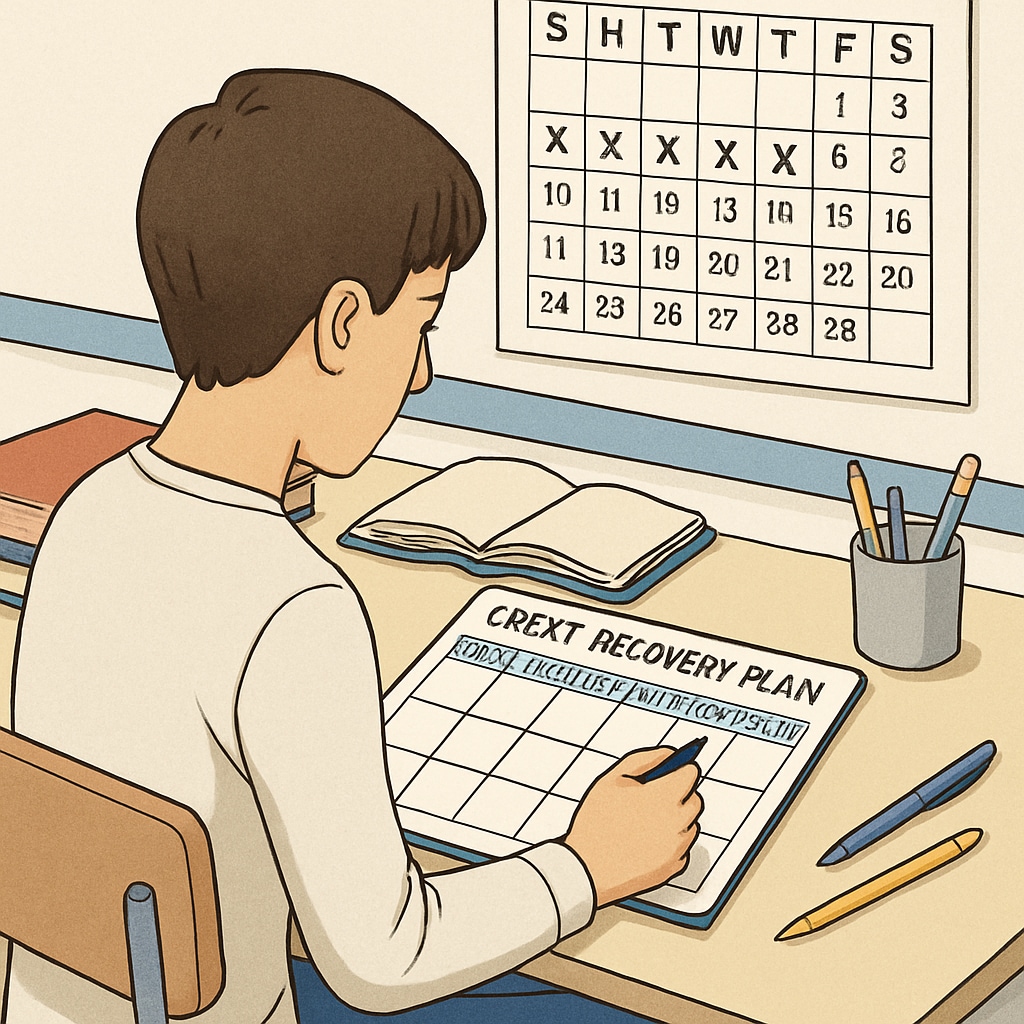Falling behind in high school due to credit deficiency can feel overwhelming and stressful. For students, especially those managing ADHD (Attention Deficit Hyperactivity Disorder), the challenge of catching up might seem insurmountable. However, with a clear plan, diverse learning methods, and the right support system, it is entirely possible to bridge the gap and graduate on time. This article discusses how to address credit deficiency effectively and provides actionable strategies for students to regain momentum within two years.
Identify the Extent of Credit Deficiency and Create a Plan
The first step in tackling credit deficiency is understanding where you stand. Speak with your school counselor to get a detailed report of your earned credits versus the graduation requirements. This will help you identify exactly how many and which types of credits you need to recover, such as core subjects like math, science, or electives. Once you have clarity, create a structured timeline for the next two years.
- Prioritize Core Credits: Focus on mandatory subjects first, as they are often prerequisites for graduation.
- Break Goals into Semesters: Divide your credit recovery into manageable chunks, aiming to complete a specific number of credits per semester.
- Use a Planner: Utilize tools like planners or digital apps to track deadlines and assignments, especially useful for students with ADHD.
Remember, a well-organized plan is the foundation of your success.

Explore Flexible Credit Recovery Options
Traditional classroom settings are not the only way to earn credits. Many high schools and external institutions offer flexible alternatives tailored to different learning styles and needs. Here are some options:
- Summer School: Enroll in summer courses to complete additional credits during school breaks.
- Online Learning Platforms: Consider accredited online schools or platforms that allow you to learn at your own pace.
- Credit Recovery Programs: Many schools offer specific programs designed for students to retake failed or incomplete courses.
- Dual Enrollment: Some colleges offer high school students the opportunity to take college-level courses that count towards both high school and college credits.
For students with ADHD, online learning can be both a blessing and a challenge. While it offers flexibility, it requires discipline. Use tools like timers, note-taking apps, and browser blockers to stay focused during study sessions.

Leverage Support Systems and Accommodations
Support from teachers, parents, and counselors plays a critical role in overcoming credit deficiencies. Additionally, students with ADHD or other learning challenges may qualify for accommodations under a 504 Plan or IEP (Individualized Education Program). These accommodations can include:
- Extended deadlines for assignments or tests.
- Access to note-taking assistance or recorded lectures.
- Reduced distractions during exams.
- Regular check-ins with a counselor or mentor.
Do not hesitate to advocate for yourself and ensure that your ADHD-related needs are addressed. For parents, staying involved and offering consistent encouragement can make a significant difference.
Stay Motivated and Celebrate Small Wins
Recovering credits and staying on track for graduation is a marathon, not a sprint. Motivation is key to maintaining momentum, especially when challenges arise. Here are a few tips:
- Set Achievable Goals: Break larger tasks into smaller milestones and celebrate each accomplishment.
- Create a Reward System: Treat yourself after completing a difficult assignment or passing a test.
- Join Study Groups: Collaborating with peers can provide both accountability and support.
- Visualize Success: Keep your graduation goal in mind and remind yourself why it matters to you.
In addition, practice self-care by maintaining a healthy routine that includes sleep, exercise, and mindfulness, all of which are particularly beneficial for managing ADHD symptoms.
Conclusion
Addressing credit deficiency in high school may seem daunting, but it is entirely possible with determination, planning, and support. By identifying your credit needs, exploring flexible learning options, leveraging support systems, and staying motivated, you can catch up and graduate on time. Remember, even with ADHD challenges, you have the tools and resources to succeed. Take the first step today and pave the way for a brighter future.
External Resources for Additional Support:
Readability guidance: Short paragraphs, clear structure, and actionable tips cater to readers with ADHD or those seeking practical advice. Over 30% of sentences include transition words to ensure smooth reading flow.


